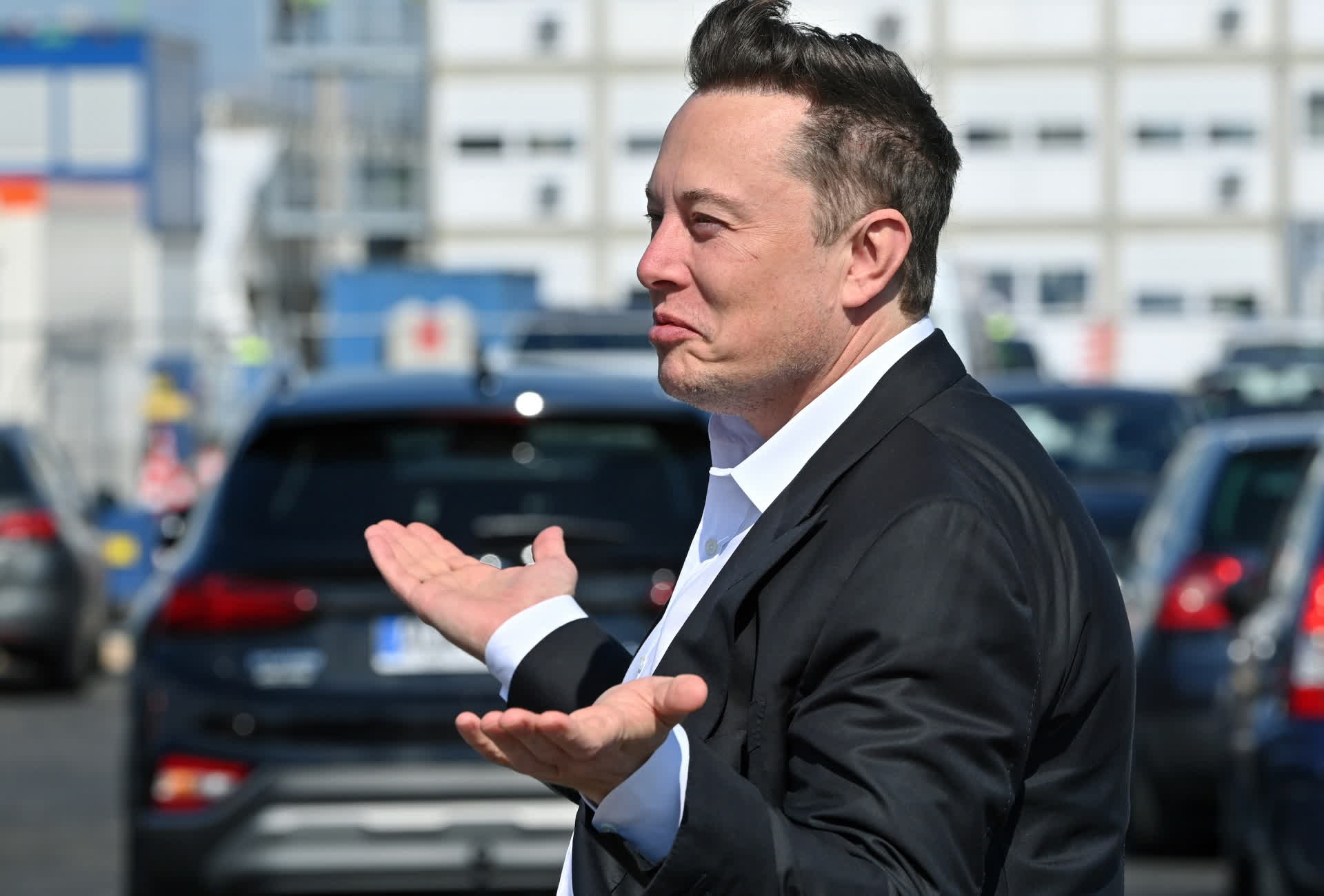What just happened? Elon Musk hosted a live interview with Donald Trump on Monday that was supposed to start at 8 pm ET on X Spaces. It was delayed by 42 minutes due to what Musk claims was a "massive DDOS attack," but several people, including some X employees, say he's lying.
The live conversation between Musk and Trump on Spaces crashed as soon as it began yesterday and couldn't be accessed by many users. The Verge writes that those who did manage to get in were met with lo-fi techno playing from Trump's account for roughly 30 minutes before enduring several minutes of silence before the stream started at 8.40 pm ET.
Around 18 minutes after the interview was supposed to begin, Musk posted that X had been hit by a massive DDoS attack and that only a small number of people would be able to listen to the conversation live.
There appears to be a massive DDOS attack on �*�. Working on shutting it down.
– Elon Musk (@elonmusk) August 13, 2024
Worst case, we will proceed with a smaller number of live listeners and post the conversation later.
"All of our data lines, like basically hundreds of gigabits of data, were saturated," Musk said. "We think we've overcome most of that."
Musk later said that the system had been tested with 8 million concurrent listeners earlier in the day.
We tested the system with 8 million concurrent listeners earlier today https://t.co/ymqGBFEJX0
– Elon Musk (@elonmusk) August 13, 2024
Despite claiming that the platform was being targeted by a DDoS attack, the rest of the X app and website were working fine. Musk never explained how this was possible.
"As this massive attack illustrates, there's a lot of opposition to people just hearing what President Trump has to say," he said.
According to The Verge, a source at X confirmed to the publication that there was no denial-of-service incident. Another employee said there was a "99 percent" chance Elon was lying about an attack.
X has faced difficulties with live streams in the past. Florida Governor Ron DeSantis' announcement that he was running for president last year saw the Spaces broadcast drop shortly after it began. Musk blamed the problem on the servers "melting" due to the huge number of people trying to watch the stream.
However, Musk's biography later revealed that the problem was due to the servers being relocated after Musk instructed his cousins to move them from a data center in Sacramento to one in Oregon to save money. The move was completed in weeks rather than the several months that engineers estimated, resulting in months of instability in Twitter's systems.
